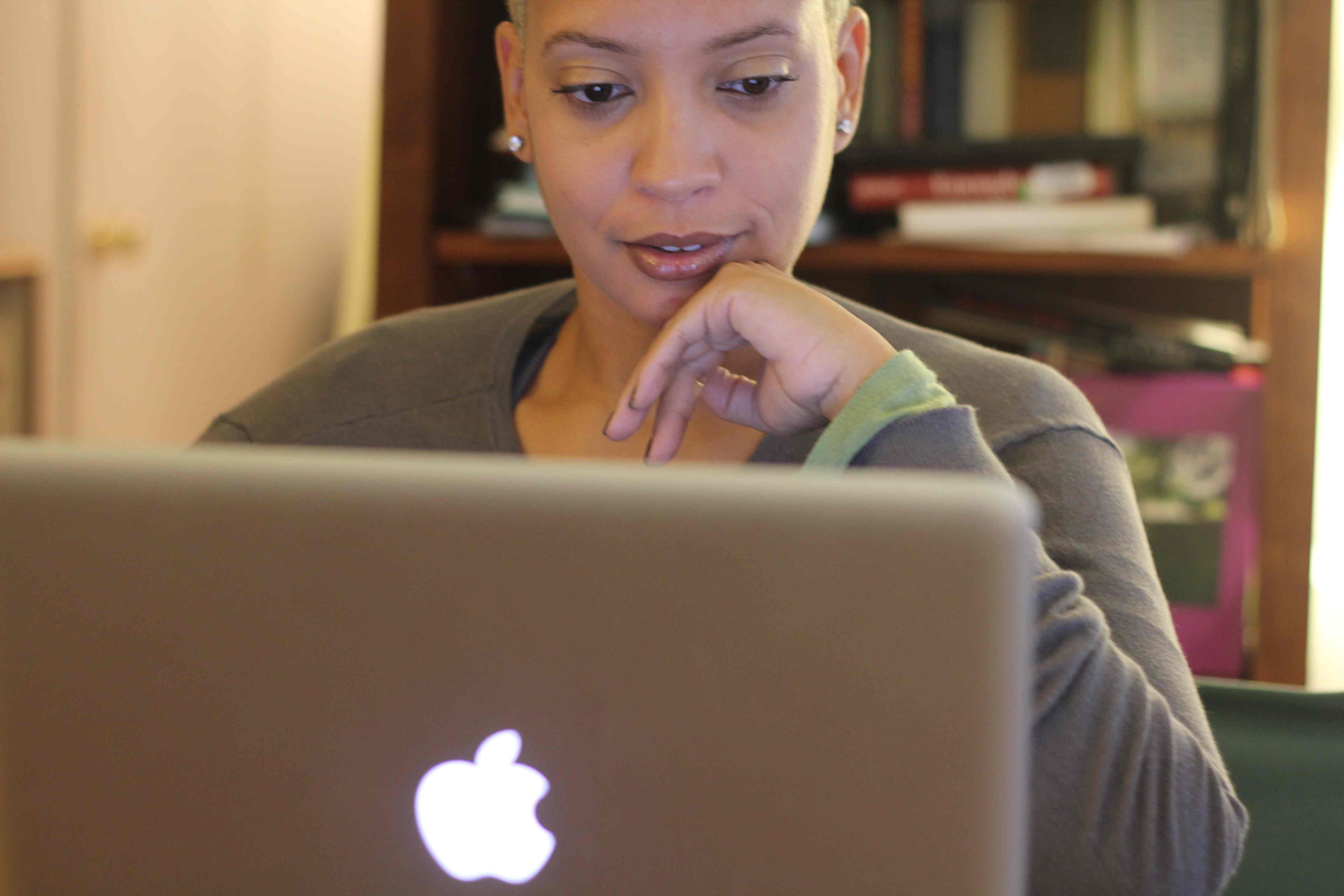Losing the Gift of Singlehood? – Kaji Spellman
As a single person, adulthood revealed the problem people like me posed for the church. Without the anchoring presence of a visible partner, single people could appear to be…unsteady. Unreliable. Unwanted. Coupled with the worst tendencies and moments of self-doubt, we single folk might even internalize these concerns, wondering if, indeed, we were less-than reliable, not wanted enough to be chosen by another, without roots worth note. Tragically, churches have often overlooked the gifts of single life outside of the cloister.
It is no secret that married people have a tendency to prefer to be around other married people. In my single life, I cannot recall a social event with married folk that did not include some desperate consultation of their extended networks to find me someone…anyone to pull me out of the single life. Why is this? Perhaps because those initiated into married culture often share at least a perception of baseline concerns – balancing the needs of another into everyday life, making decisions with and even on behalf of someone else – these can feel quite different from the single life. Many view singlehood as a step on the journey to “true adulthood” (marriage), “emerging adults” rather than true grown-ups, in a phase rather than a state of being, something to be worked through rather than an end into itself. Single people are often seen as on their way to something else, and maybe in that very sense of movement and difference, single status disrupts the equilibrium and introduces an unwelcome wind of change because a single person is perceived to always be on the road to change. Churches, built on the very structure of family units and typically inherently suspicious of change, have often taken on this wariness and concern for members of the congregation and especially the clergy. It took me years of questioning and growth to become comfortable in my single skin, and perhaps even longer to recognize the real gifts my singlehood offered not only in my life but also to the church.
It should come as no surprise, then that my relationship to the business of marriage – and it often does feel like a business, particularly as we engage the mega-dollar wedding industry – is complex. It is not unusual to encounter clergy frustrated with our role in weddings. It makes sense; we are trained in relationships, we care about longevity, we are highly invested in the language and practice of love. Weddings can feel so detached from all of this. We care much more about marriage itself than we do a wedding event, and when we push to involve ourselves more heavily in the realm of marriage and relationship dynamics, couples can feel an element of surprise, often not realizing that was part of the deal. The role of officiant feels much more transactional, whereas a pastor becomes part of their lives. Clergy yearn for the latter and can potentially resent the former – no one likes to feel commoditized.
At the same time, I have almost always cherished my experience of participating in this major life change. It is a privilege to stand with two people prepared to try whatever it takes to live out a commitment to each other. I have always required counseling for couples before a ceremony, and I have always found that time valuable, and believe that they have, as well. In nearly every case, the wedding led to a long-standing pastoral relationship that takes on many forms as geographic shifts dictate innovation in pastoral care techniques.
Penning this piece, I am in the midst of the give and take of planning my own wedding – a complicated set of decisions I, quite honestly, had not taken quite as seriously in others as I now must as I navigate them myself. This experience reminds me of how helpful it is, as a pastor, to be embedded in the experience of the people I serve, to know something of their life experiences, to have a point of reference, a touchstone for empathy. My perspective on marriage is changing as I head into it, and while that could be helpful, it concerns me.
Just before entering Divinity School, I remember my pastor preaching on an unfamiliar, radical form of love I later learned to recognize as the non-preferential, agapeistic expression of self-giving that Kierkegaard describes in his Works of Love. Learning about a Christian form of love that we give indiscriminately and without reservation changed my perspective on how I would interact with others, and I began to dedicate my life to trying to achieve some form of that universal love in my everyday life. This continues to be important to me.
Now affianced, I admit that agape has become much more difficult to apply. I like spending time with my beloved. Having someone at home makes leaving the house and seeing others socially less enticing. Before, I followed the lead of so many of my LGBTQ and immigrant friends, who, single or not, through the oft heartbreaking dictates of circumstance were separated or estranged from family, so we shaped our own new forms of family. We gathered for meals because we did not want to dine alone. We organized broad activities inclusive of others because we knew firsthand the risk of being left out. We created and lived out hospitality and inclusion in ways so many church communities I have served aspired but struggled to achieve. We did this because we had to and because it felt right, and, I would argue, because it is what we are all born to do.
Now, as my betrothed and I peer into the shifting, shaping form we hope our family life to be, we both aspire to carry something of the gifts of our single lives into our new household. We want a home of welcome and open doors, with room for intentional visitors of folk who otherwise haven’t a place to stay. We want our sense of familial love to feel more porous than traditionally defined in our cultures. We want to carry the intensity of care we have for each other into a broader community – a community we do not entirely get to choose. We aspire to be open enough for God’s love to channel through us to others. I have known that I would want this all along. Despite Kierkegaard’s warnings, I admit that I had no idea how difficult the coupling trend I now experience would make it. None of this will happen without both of us conceiving of our marriage as a commitment, yes, to each other, but also as a commitment to the world we passionately seek to serve.
Headed into a new marital status I am grateful to have the privilege of enjoying, I wonder if instead of thinking of forming a new family, we might find a way to incorporate the radical, inclusive family-making of our single lives. Maybe we won’t be a new family, but will be a newly expanded one instead.
Kaji Spellman was recently called as Senior Minister to United Church of Christ La Mesa in California, a position she will begin in September 2013. She recently served Plymouth Congregational Church as Sabbatical Minister. Previously, she served Saint Peter’s Church in New York City, the Village Church in Wellesley, Massachusetts, the First Congregational Church of Darien, Connecticut and the First Congregational Church of Ridgefield, Connecticut. She was a chapel minister at Yale Divinity School’s Marquand Chapel. She presently serves in a number of national positions with the United Church of Christ. She is a graduate of the University of Pennsylvania and of Yale University, where she earned a Bachelor of Arts degree cum laude and a Master of Divinity degree with highest awards in preaching and liturgy, respectively. She is a liturgist, and was trained at Yale’s Institute of Sacred Music. Before this, she worked for a large financial services company on Wall Street.


